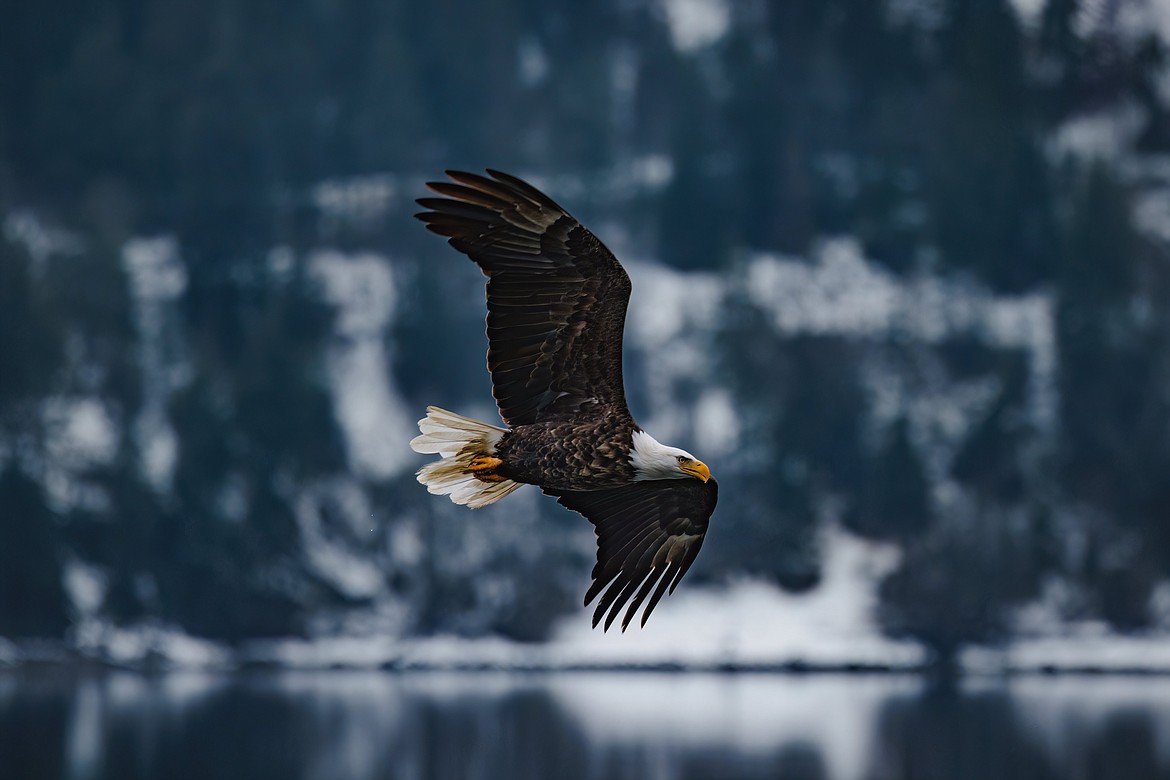OUR GEM: Conservation easements mean ‘forever’ protection in Coeur d'Alene Basin
The Inland Northwest Land Conservancy is a regional land trust, serving Eastern Washington and North Idaho. Our mission is to conserve, care for and connect with lands and waters essential to life in the Inland Northwest. We envision a future of interconnected natural habitats throughout the Inland Northwest, supporting thriving populations of native plants and wildlife.
INLC and other organizations like it protect land through agreements called conservation easements.
Conservation easements are a permanent legal protection for land. Through a conservation easement, a landowner deeds away certain rights, such as the right to subdivide, develop, mine and harvest timber without safeguards. The landowner keeps ownership of the land and can pass the land on or sell it with the conservation easement.
When the INLC accepts a conservation easement, it begins a relationship with the land and the landowner who created the conservation easement and subsequent landowners. The INLC ensures permanent protection of the land’s conservation values, no matter who owns the land.
Easements are an invaluable component of our work and an excellent example of how collaboration can help mold our sustainable future.
When we protect the land from development, we save a lot more than just the land. New evidence increasingly highlights the direct relationship between terrestrial and aquatic ecosystems. The health of land directly impacts the health of the water.
Restoring plant life in riparian areas sustains healthy pollinator populations, many of which also act as a food source for fish. Access to clean water, in turn, helps keep terrestrial animal populations thriving.
It’s important to remember that we’re just as dependent on these ecosystems remaining intact as any plant or animal. Protecting our shared lands is about keeping all of the things that depend on that land healthy.
Conservation easements contribute to clean water by stabilizing soils, removing carbon from the atmosphere and fostering healthy populations of native species like beavers and waterfowl.
In 2022, researchers in the Coeur d’Alene Basin analyzed the carcasses of 388 tundra swans and determined that 77% of them had succumbed to lead poisoning; these birds were victims of legacy mining pollutants in the waterways.
The efforts to clean up heavy metal pollutants in waterways and soils is a gargantuan task currently being taken on by numerous governments and organizations across the Inland Northwest. The Conservancy has helped protect over a thousand acres of land across the Coeur d’Alene Basin including critical wetland habitats along the Coeur d’Alene River. These legal agreements are especially critical in restoring habitat for afflicted waterfowl.
Heavy metals have built up in our waters and soils for decades, and they won’t go away overnight, but conservation and restoration efforts can be a guiding force toward environmental healing.
INLC has worked for more than 30 years to protect important places in our region. The quality of life, access to nature and the outdoors, and an abundance of clean water make this place the beautiful home that we all value. Through the work of permanent protection, we are doing our part to keep it that way.
Carol Corbin is the director of philanthropy and communications for the Inland Northwest Land Conservancy.
The Our Gem Coeur d’Alene Lake Collaborative is a team of committed and passionate professionals working to preserve lake health and protect water quality by promoting community awareness of local water resources through education, outreach, and stewardship. Our Gem includes local experts from the University of Idaho — Idaho Water Resources Research Institute, Coeur d’Alene Tribe, Idaho Department of Environmental Quality, the Basin Environmental Improvement Project Commission and Kootenai Environmental Alliance.

